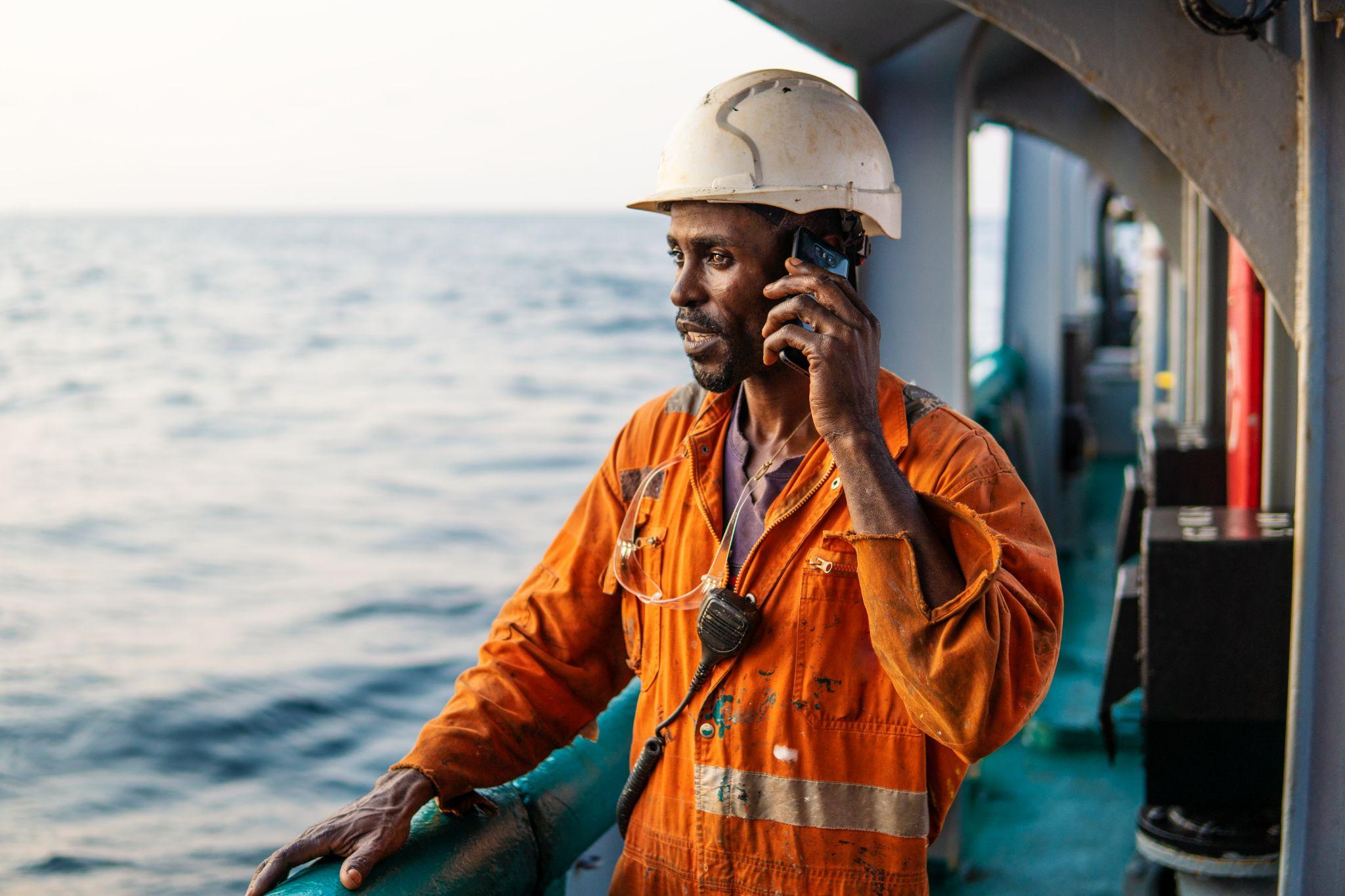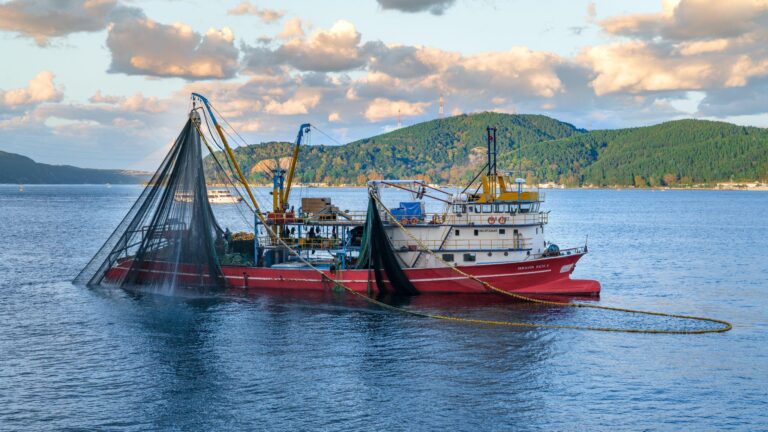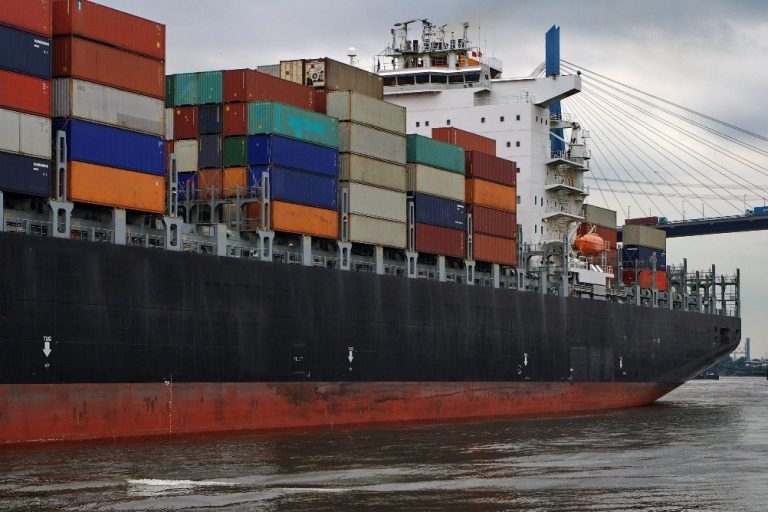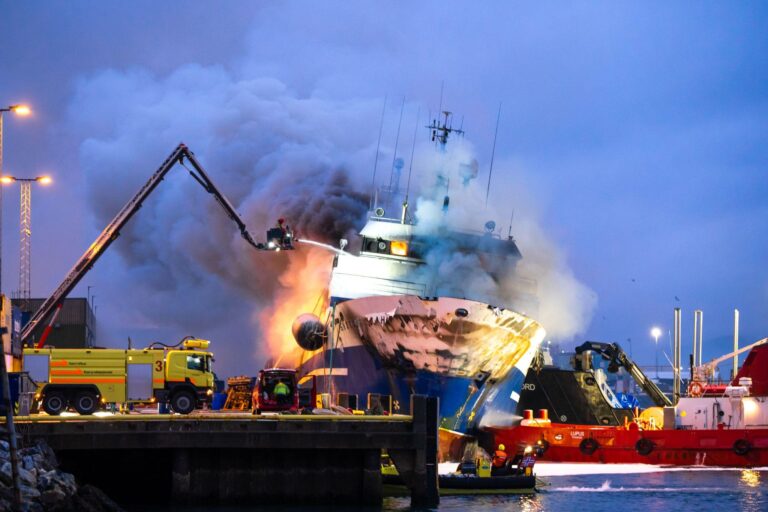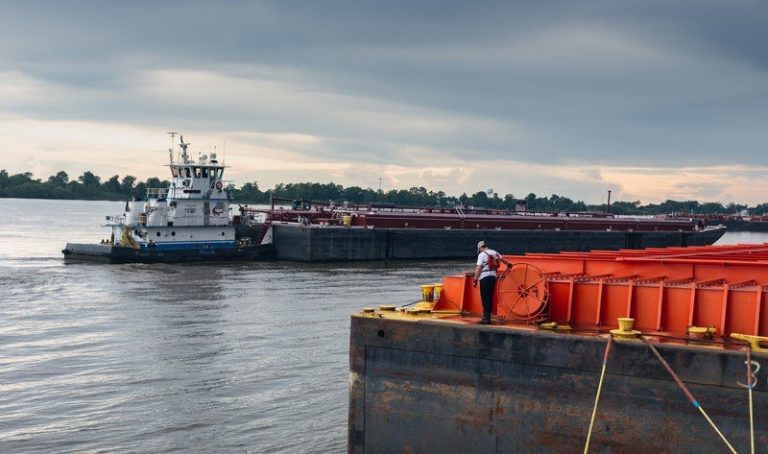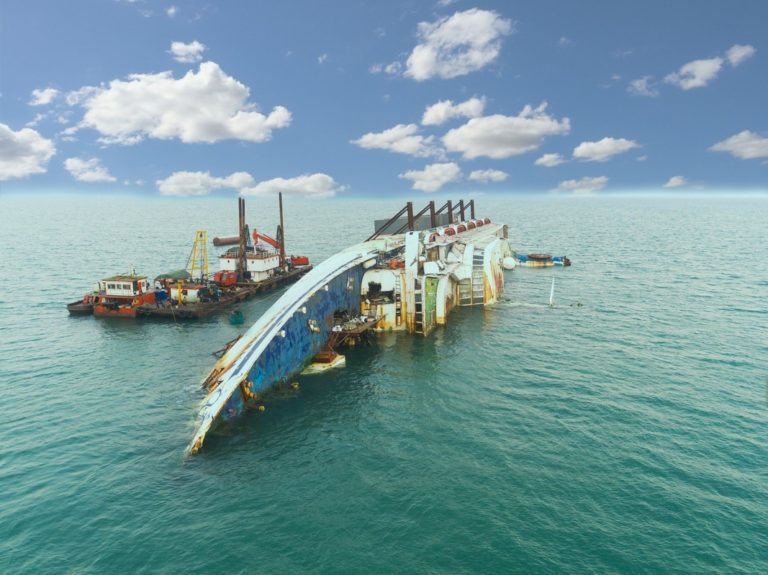Last summer, a “Ride the Ducks” duck boat tour turned tragically fatal when the amphibious vessel collided with another ship and sank. Subsequent investigation into the maritime accident revealed that the lookout aboard another vessel involved in the incident was distracted by a cell phone conversation. Two tourists died and 26 other passengers were injured in the July 7, 2010 collision between a barge and the tour boat near Philadelphia.
A large 250-foot barge, owned by the City but operated by contractor K-Sea Transportation was being ferried along the Delaware River by a tug boat. The crewmember responsible for navigating the tug was on a cell phone call to his mother’s house when the barge his tug was ferrying collided with the anchored tour boat, according the National Transportation Safety Board’s report.
The duck boat maritime accident occurred shortly after the tour boat, the DUKW 34, dropped anchor to deal with a mechanical problem. A barge propelled by the tug boat, the Caribbean Sea, collided with the tour boat, causing it to sink in 55 feet of water.
While the tug Caribbean Sea’s master was off duty and below deck, the mate was on navigation watch. He made a call to his mother’s house which lasted until after the collision occurred. Apparently, while the mate was on navigation watch, he made 13 phone calls and answered six.
A wrongful death suit was filed against various Defendants the month after the accident. The suit claimed the tugboat failed to post a lookout, failed to monitor proper emergency maritime channels, was deaf to the duck boat’s Mayday calls, and operated with an undermanned crew, among other allegations of maritime negligence.
While the NTSB and other safety organizations often focus on distracted driving, distracted boating is another very serious problem facing travelers today. There has been documented rapid growth in the use of cell phones and other wireless electronic devices which create hazards for vessel crewmembers. Out of 4,730 reported boating accidents in 2009, 1,084 involved “operator inattention” or “improper lookout” according to the Coast Guard.

